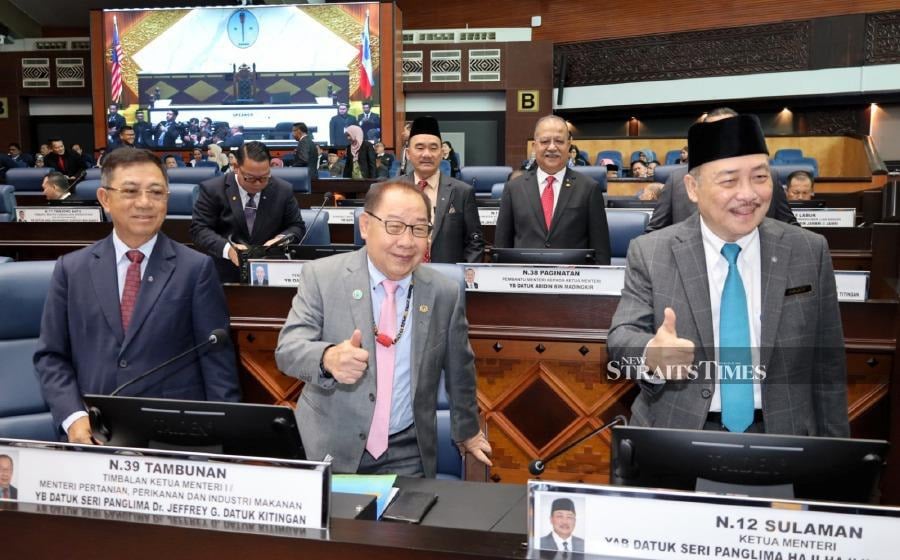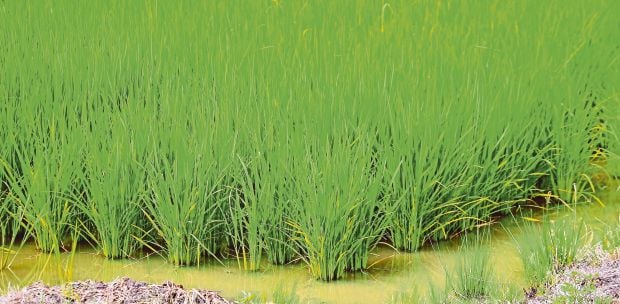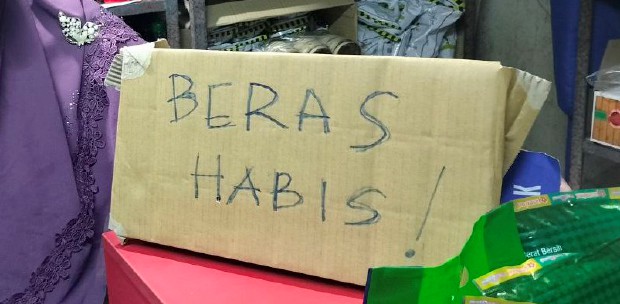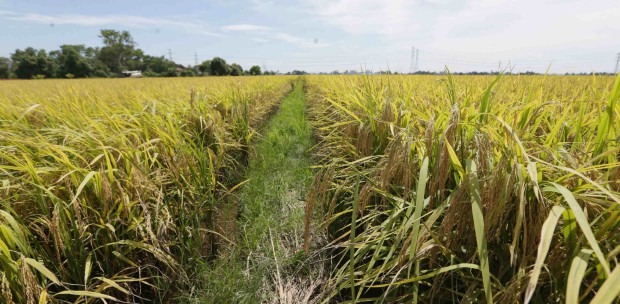KOTA KINABALU: Sabah is considering expanding high-yield rice cultivation to address food security, according to state Agriculture, Fisheries, and Food Industry Minister Datuk Seri Dr Jeffrey Kitingan.
"Our rice supply, currently at 22 to 23 per cent self-sufficiency, is not enough. However, we allow imports from several countries, including Thailand, India, and Vietnam.
"To ensure adequate supply, we are working with Padiberas Nasional Berhad (BERNAS). Additionally, we are taking necessary action to cultivate rice over wider areas, aiming to increase productivity from 3.4 to between six and seven tonnes per hectare.
"According to an assessment by the Federal Agriculture and Food Security Ministry, if we could increase our production to seven tonnes per hectare, we could export our rice,"he said during the state assembly sitting's question-and-answer session.
He was responding to additional questions from Datuk Seri Mohd Shafie Apdal (Warisan-Senallang) regarding Sabah's rice supply challenges and the impact of climate change on production.
Jeffrey, who is also the state deputy chief minister, highlighted successful attempts to cultivate rice with new seeds in Apin-Apin, Keningau, reaching the target of seven tonnes per hectare.
"We also tried in Kota Belud and Kota Marudu. If we can achieve consistent production and yields, we will replicate it throughout Sabah.
"That is why we ask GLCs to set aside certain portions (of their lands). If I am not mistaken, it is 5,000 hectares for each GLC. If we have 10 GLCs, then we will have 50,000 hectares developed as food production areas, with an emphasis on rice cultivation."
Jeffrey added there is also a plan to increase hill padi production, which provides better economic returns to farmers due to higher demand and prices.
There are also ongoing attempts to plant rice in saltwater areas on the east coast of Sabah.
Earlier, Jeffrey highlighted that with the establishment of the Sabah Rice Board, the state government would effectively manage rice and padi crop development.





